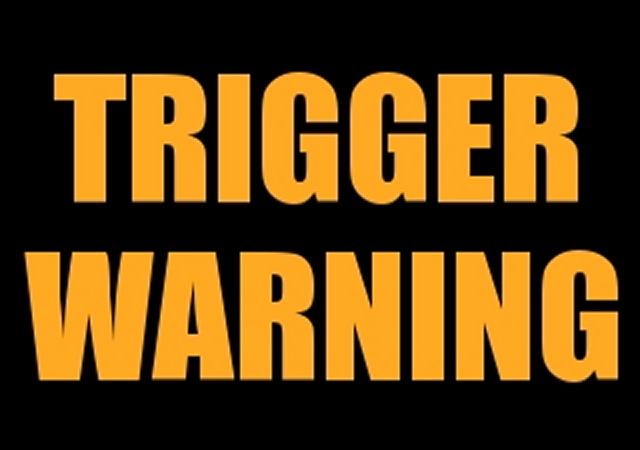University of Warwick in England Gives Classic Novel ‘Ivanhoe’ a Trigger Warning
“The work includes passages depicting black slaves, who leave medieval characters ‘appalled,’ as well as Arab Muslim captives”

Ivanhoe was published in 1819. You would think people would know that certain topics would be presented very differently than today.
The College Fix reports:
British university issues racism trigger warning for classic novel ‘Ivanhoe’
The English department at the University of Warwick in England has appended a trigger warning to “Ivanhoe,” a classic 19th century novel written by Sir Walter Scott.
The department warned students about “offensive depictions of people of colour and persecuted ethnic minorities, as well as misogyny” in the 1819 epic novel, The Telegraph reported on December 27.
The text “concerns the life of Sir Wilfred of Ivanhoe, a fictional Saxon knight. Despite the criticism it received because of its historical inaccuracies, the novel was one of Scott’s most popular works,” according to Britannica.
“The work includes passages depicting black slaves, who leave medieval characters ‘appalled,’ as well as Arab Muslim captives,” according to The Telegraph. “These are shown, along with other key characters, as being prejudiced against Jews.”
Additionally, some have argued that female characters such as the Saxon Lady Rowenna are “depicted as mere pawns in the political intrigues of the male characters.”
On the other hand, “it has been argued that the ethnic minorities in Ivanhoe … are accurately portrayed as facing prejudices they would have faced in medieval England,” the paper reported.
Matthew Maxwell-Scott, a direct descendent of the author, responded to the treatment of his great-great-great-great grandfather’s novel.
“News that the University of Warwick is warning that Ivanhoe, perhaps Scott’s most famous work, might somehow disturb its students is disappointing but no surprise,” he told The Telegraph. “All manner of titles can face this as we seem to have lost the ability to appreciate any artistic output as a product of its time.”
“The University of Warwick’s silly warnings aside, it is sad that some use their energies not as Scott did, to create great art, but to attempt to destroy it,” he said.
The university noted in a statement that such trigger warnings are optional and chosen by the professor or department.
“We believe students should be exposed to challenging ideas, stories and themes through their studies and view it as an essential part of learning and understanding different perspectives,” a spokesperson from the university told The Telegraph. “That’s why the university does not ask departments to issue content guidance notices for course materials.”
 DONATE
DONATE
Donations tax deductible
to the full extent allowed by law.








Comments
Outright state BANS (e.g., Massachusetts and RI) of literature on the Catholic Index did little to stem the acquisition and experience of these works. One might make a good case that they popularized some of the poorer ones well beyond their natural market appeal. As did the invention of the MPAA film rating badges, which are precisely “trigger warnings.”
The Internet did not invent the Streisand Effect—it only rediscovered it.
As if there was no reason for them to be captives. They were only busy raping women and taking slaves as directed by Allah. No big deal, no reason to display any prejudice.